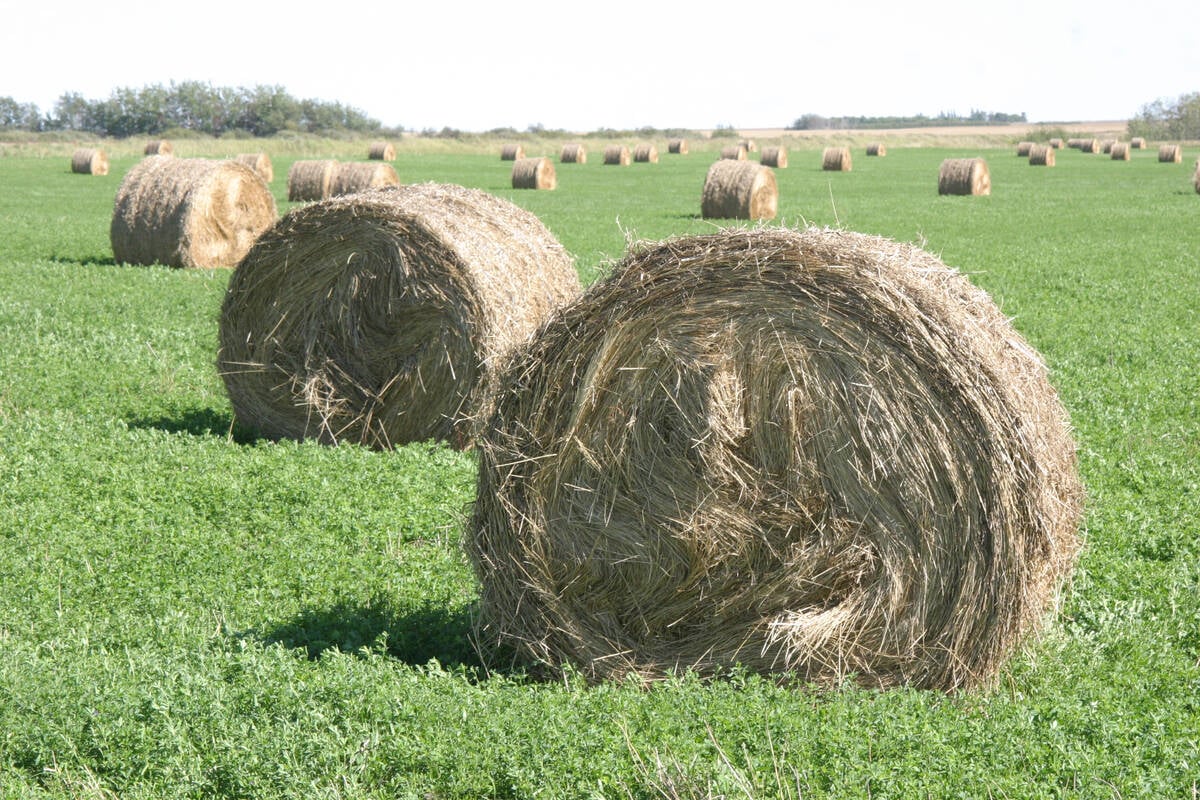VANCOUVER – The struggle in the United States to advance Rule 2 and delay country-of-origin labelling keeps Canadian exporters nervous.
Patrick Boyle, president of the American Meat Institute representing packers and processors, says a Democrat-controlled Congress could mean changes in trade policy and affect Canadian meat exporters.
Country-of-origin labelling is scheduled to go into effect in September 2008, but major groups including the meat institute, National Cattlemen’s Beef Association and American Farm Bureau support a voluntary approach, Boyle told the Canadian Meat Council annual meeting in Vancouver Feb. 9.
Read Also

Breaking down successful winter feeding into six steps
It’s that time of year when it is important to start planning for a cow herd’s winter feeding program. Here are six steps I think are necessary to consider when getting your feed tested.
There is debate within Congress to start labelling this September but he does not think that is likely.
“This is completely impractical and I believe it will not be adopted by the Congress.”
Boyle believes implementation is going to be difficult because of the cost of separating foreign products from American.
“We have a real battle on our hands over the next few years to either delay again or reform significantly, mandatory country-of-origin labelling.”
Groups like the Canadian Meat Council may be enlisted to help in lobby efforts.
The threat of a World Trade Organization challenge against labelling may also be helpful, Boyle said.
Another pending piece of legislation before Congress is a ban on packer ownership of livestock, which Boyle described as government micromanagement of the private sector.
“This is actually an absurd concept given our vertical integration, particularly in the hog industry and with our long-term supply contracts and vertical collaboration between producers and packers,” he said.
Packers need a sure supply of animals and producers need guaranteed sales. Supply arrangements work well and their loss could be disruptive.
Another trade issue, the minimal risk rule known as Rule 2 that would allow mature Canadian cattle and beef into the country, is welcome but he estimates it could take a year for the United States Department of Agriculture to implement it. The rule is out for public comment.
“I would not be surprised if once again there was a lawsuit challenging the rule once it is finalized by USDA.”
Boyle’s organization considers the regulation inhibiting because eligible cattle must be born after March 1999.
“We think all the animals should be eligible for import into the United States regardless of when they were born,” he said.
On another front, the U.S. continues its struggle to fully restore trade with Japan and South Korea.
Canada hopes when the U.S. receives full access, the same will be extended here.
However, negotiations are slow.
The Japanese appear unwilling to lift the age limit from 21 to 30 months for beef imports. That requirement has made it difficult for processors because so few producers keep birth records.
The U.S. is negotiating a free trade agreement with South Korea but it could be lost if the Korean department of agriculture does not budge on beef. The two issues are proceeding separately but for Congress, the two are linked.
The negotiating deadline expires on March 31 so the two sides will know soon if progress is possible.















